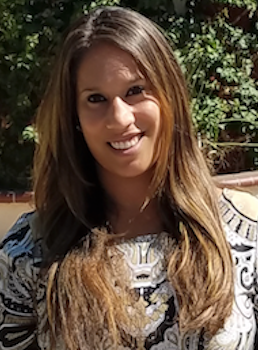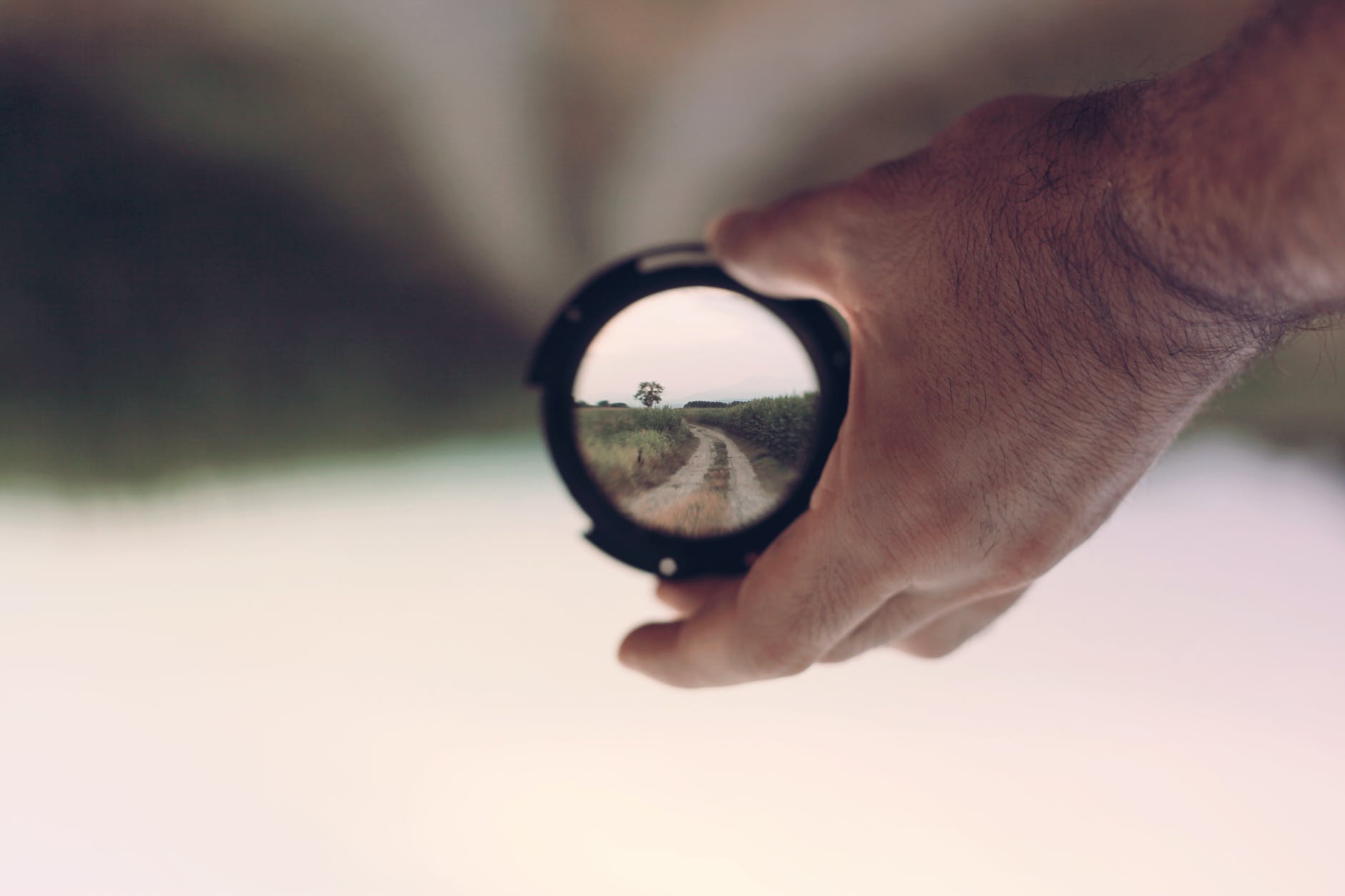I spend a lot of time coaching people, and speaking to employees for self-development and at conferences, focused on helping people build mindsets and behaviors that keep their energy at optimal levels for increased wellbeing, capacity, and positivity…but, I started out in Computer Science. People are always asking me; how did you end up here? A while ago, after answering the question so many times, I came to a realization:
Every moment I’ve ever had has prepared me for the moment I am in now, and this moment too, prepares me for the moments to come.
Bear with me as I explain how this manifested for me, or, skip the example and move on to the rest of the article 🙂
For me, I started out in Computer Science, focused on Artificial Intelligence (A.I.). I loved it, specifically data and algorithms. I had always had a keen interest in the brain and the way the mind works, so as tech “came along” and I loved that too, A.I. was the perfect blend. After a while in that space, I realized a part of what I loved was psychology and human behavior. Shout out to Mr. Calvert, my Psychology teacher at school, whose passion for the subject really made it interesting and fun. So, along came chapter two: I moved into experience design (both customer and employee experience). For me, this brought everything together: human behavior, technology, and design. I was lucky enough to travel the globe, studying employee experience and learning about human behavior as it relates to experience, satisfaction, and productivity. All this time, I realized that measurements sucked. We spent all this time measuring things (engagement, experience, leadership skills, you name it), yet, while we got back useful insights, taking action was hard and required more effort. Which brings us to chapter 3: leveraging A.I. techniques, skills in data and algorithms, experience design, and human behavior, I created a process of success modeling. It’s based on the concept that if you know the ideal ecosystem in which a goal will most naturally occur, then you can make the best decisions based on effort and resources. Based on this, my company, EffectUX was born. We focus on making sense of data using this technique — specifically quantifying hard to quantify goals and measuring in a way where the results reveal optimal roadmaps. We started with measurement systems in customer experience, moved into the leadership and culture space, and then to MyEMQ…our model for living optimally. This was years before the pandemic, allowing the model to mature in accuracy and operations into a diagnostic and development system. We couldn’t have done what we do now, without the growth that happened in those years. Now, we use it to help people bring their whole selves to their lives. In these difficult times especially, it energizes me even more so as it directly aligns to purpose, meaning and impact. This work, fuels me everyday.
I could never have imagined that the path I took would have gotten me here. If you had told me back in my A.I. engineering days, “Sarah, you will be working in wellbeing,” I would have probably laughed and said, “not on your nelly!”
While this is a big life example, the more I thought about it, the more this one realization holds true for everything. Whether it is a smaller daily moment or a large career-defining moment like the one I described. It gets me through the tough times and it inspires me for what the future holds. As those that know me will be aware, I often talk about the relationship between mindset and behaviors. Well, there are a couple of behaviors that stemmed from this realization that I practice today, one of which is being open to what could come.
What does that mean? Well, firstly, I say yes to things. However, this has some very important caveats:
- I try and say yes to the right yes’s and no to the things that do not align to meaning.
- I say yes to new experiences and ideas. Even if they may be outside of my norm, or if sometimes, I don’t really know why it fits but I feel it is meaningful, I trust that it will become clear.
- I remain flexible. If new information comes to light that means the decision is no longer right for me, then I change course.
Secondly, when things get tough, I look back and remember what I have learned along the way. For example, I remember one distinct project early in my career where I had no idea how I was going to achieve the goal…none at all. I didn’t even know where to start. I remember sitting there and staring at the screen as if it were yesterday. It seemed so big and overwhelming. But, somehow, I figured it out. I remember this whenever I get stuck on thinking, “how on earth am I going to do that?!”
To say these are challenging times is an understatement, but remembering the tools you have from experiences past, and remembering that as you grow through “handling this” you will be ready for whatever the world throws at you in the future, is something not to forget. It can be helpful to spend some time thinking about:
- The moments that brought you here
- What tools, strengths, and skills you have picked up along the way and how they can be applied to your current situation
- What you are currently learning about yourself and how you are evolving, through these difficult times, that makes you stronger or better than before
- What you will take with you into the future even when this passes
You may just learn something about yourself, or, at the very least, have some fun joining the dots!


